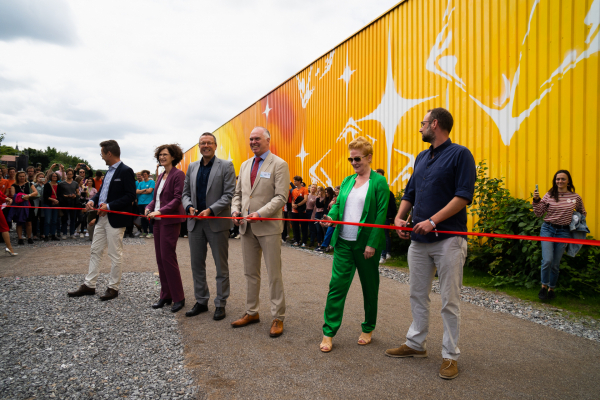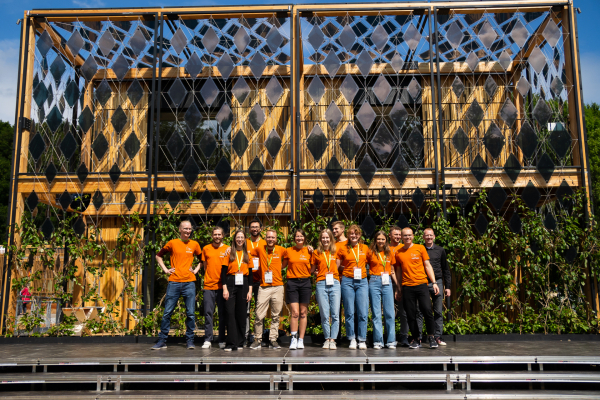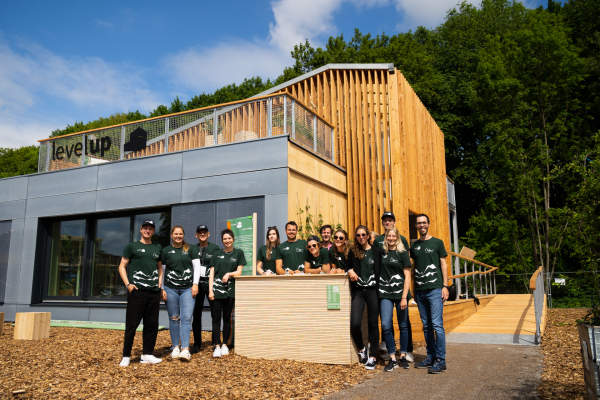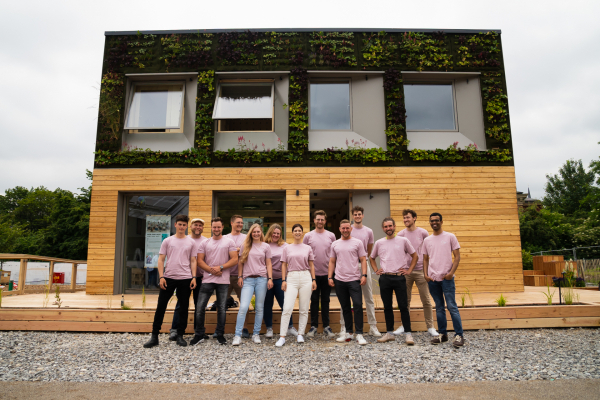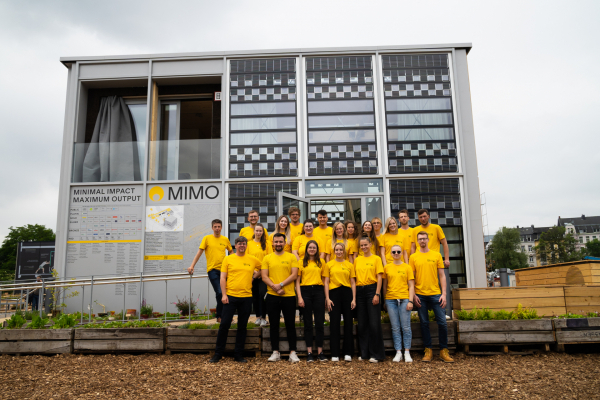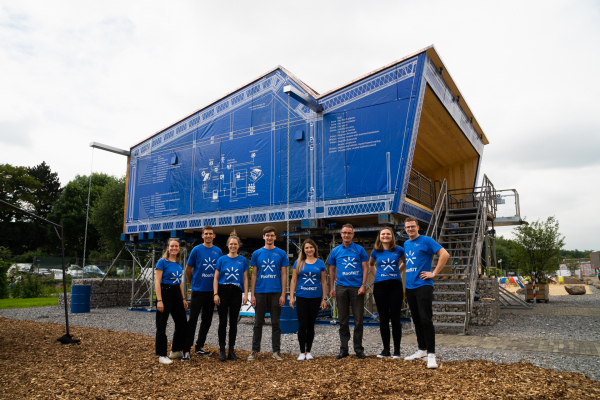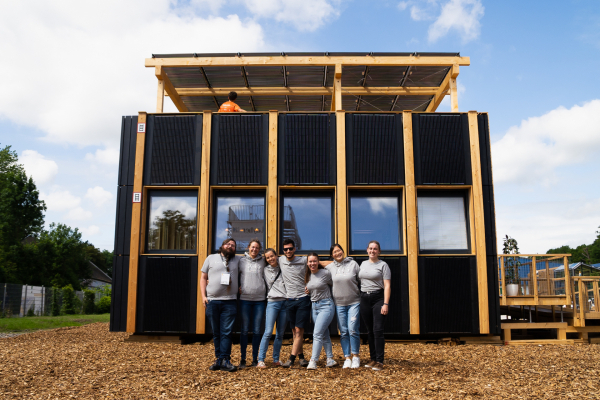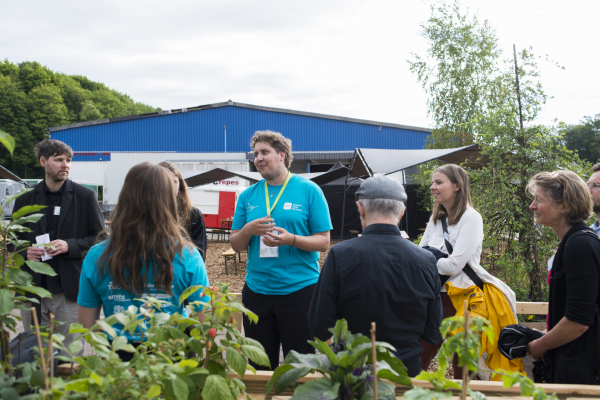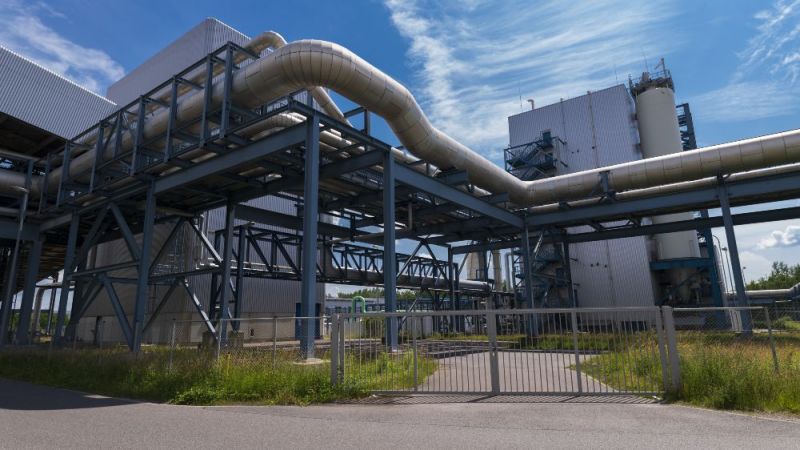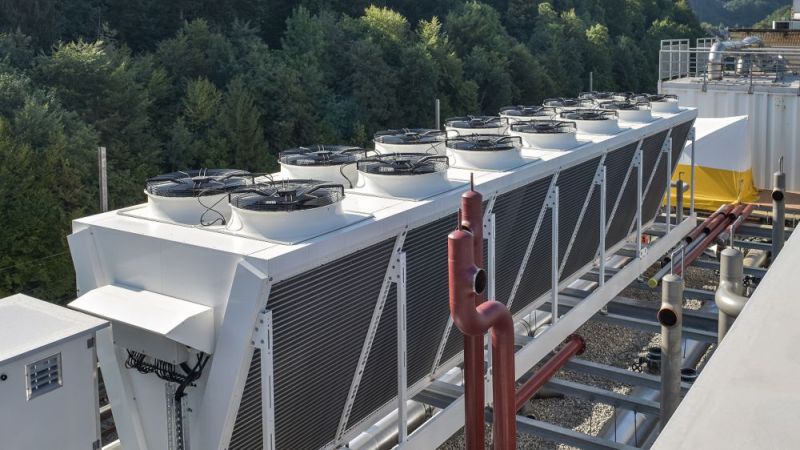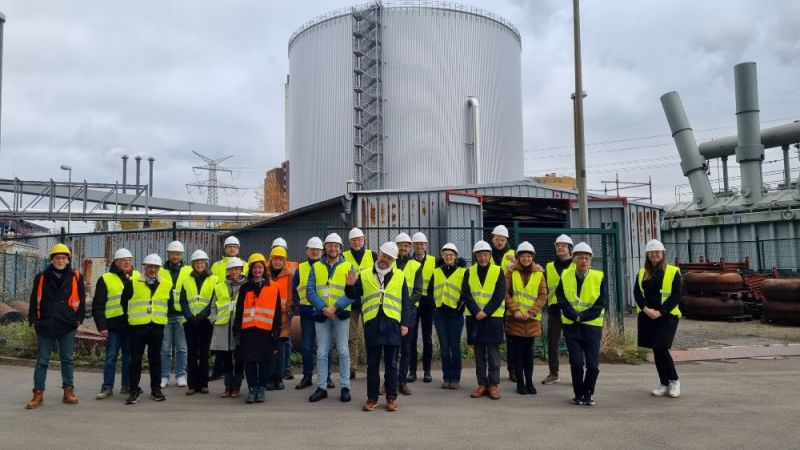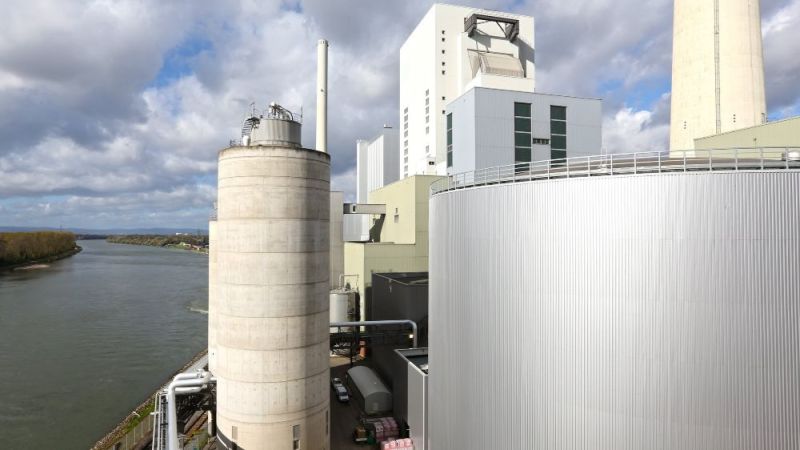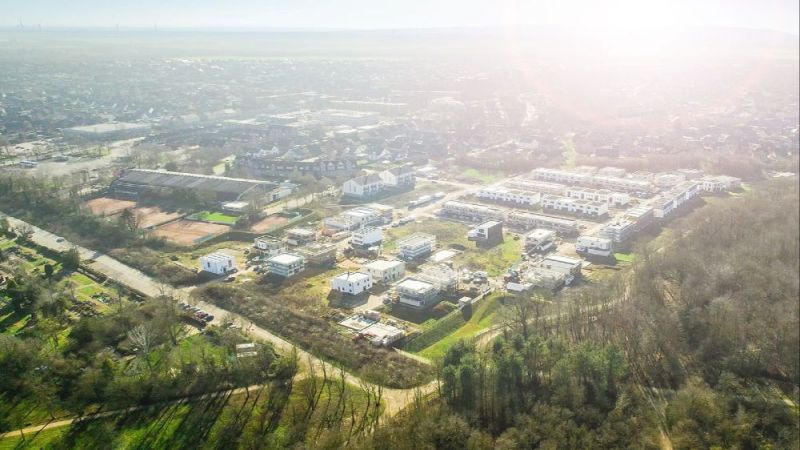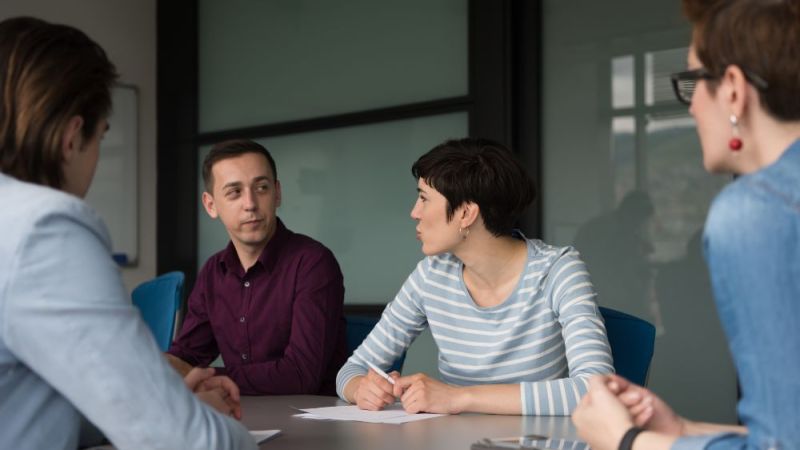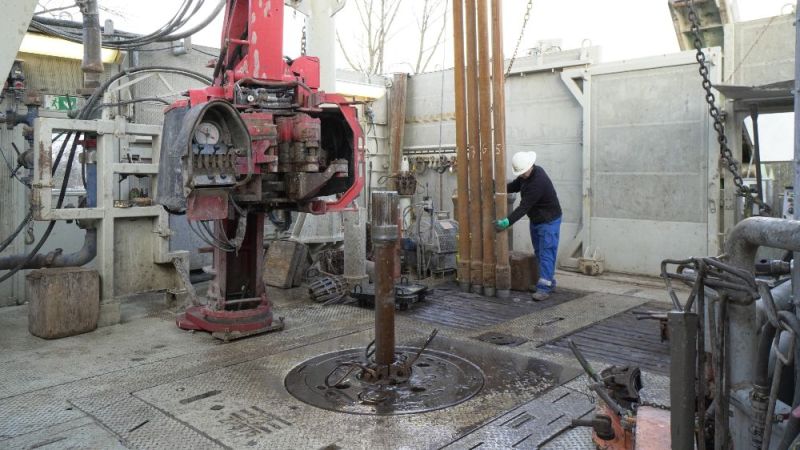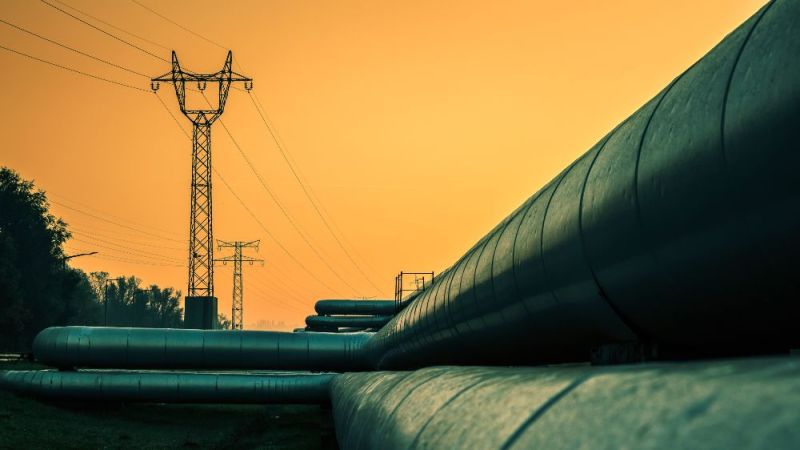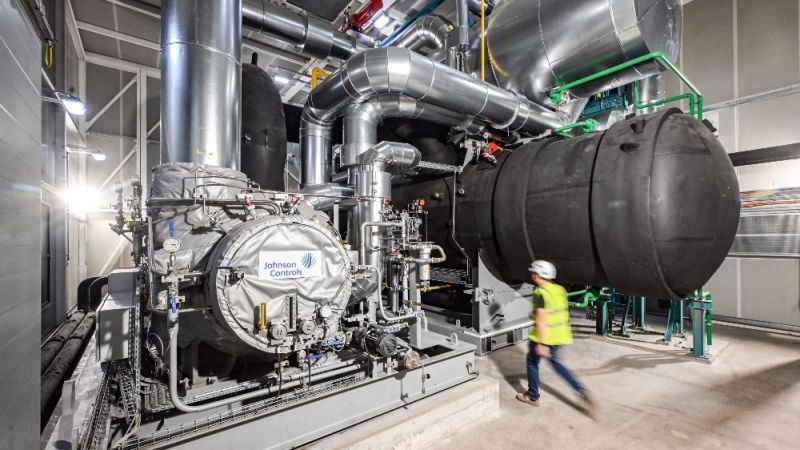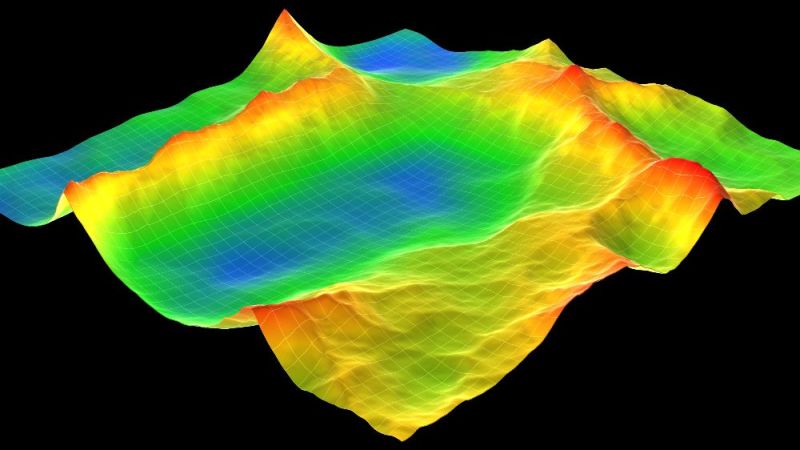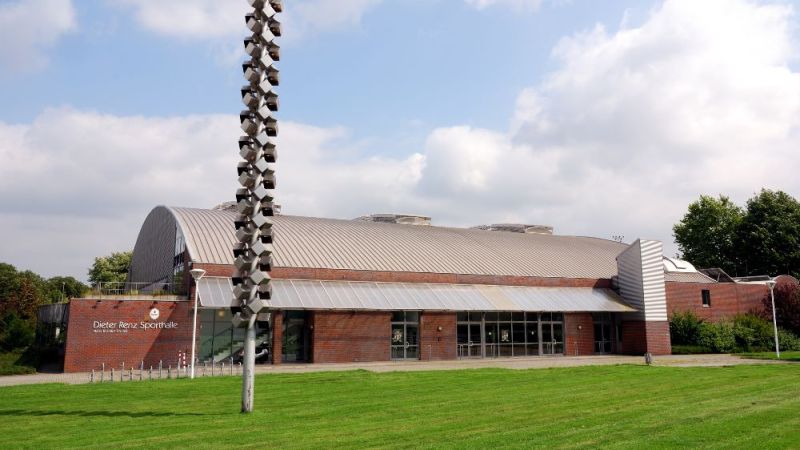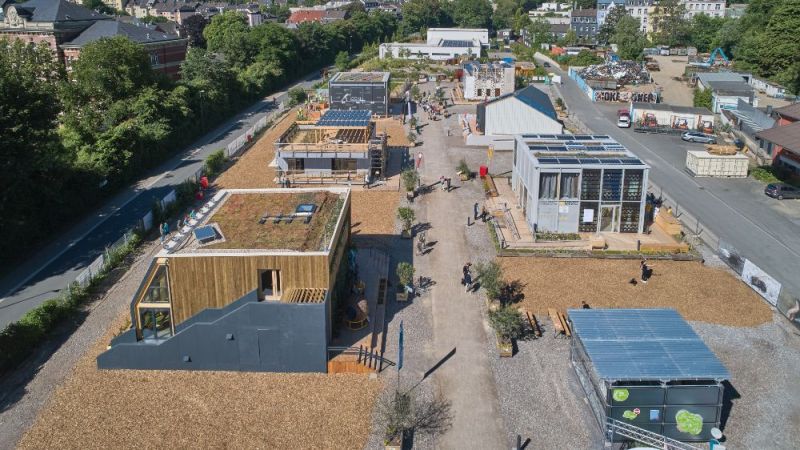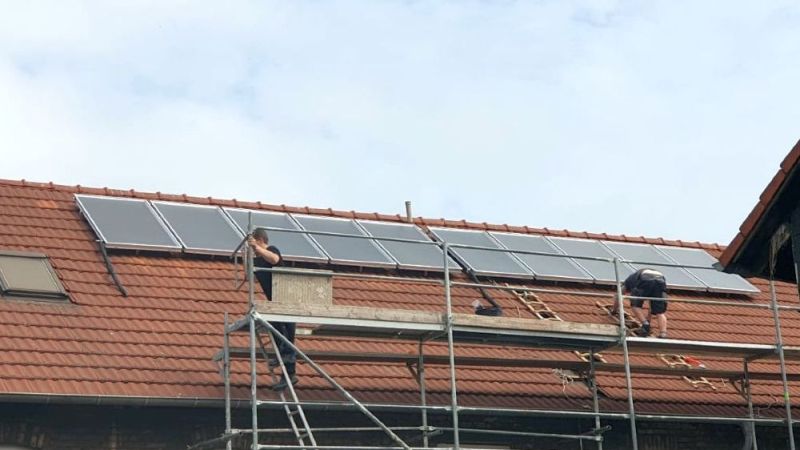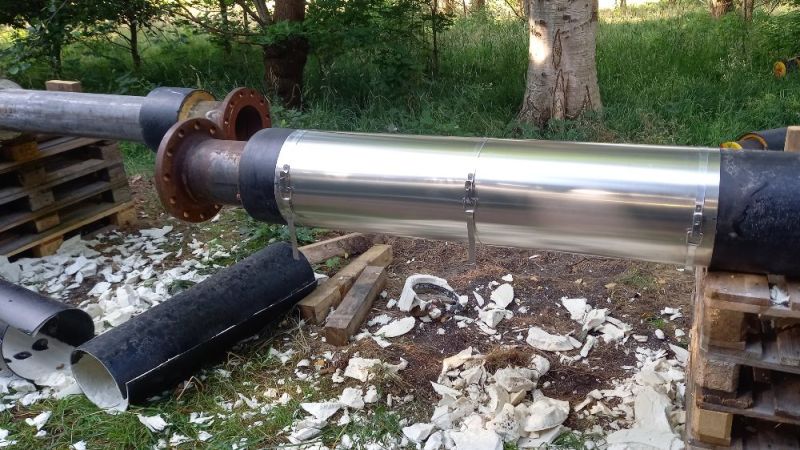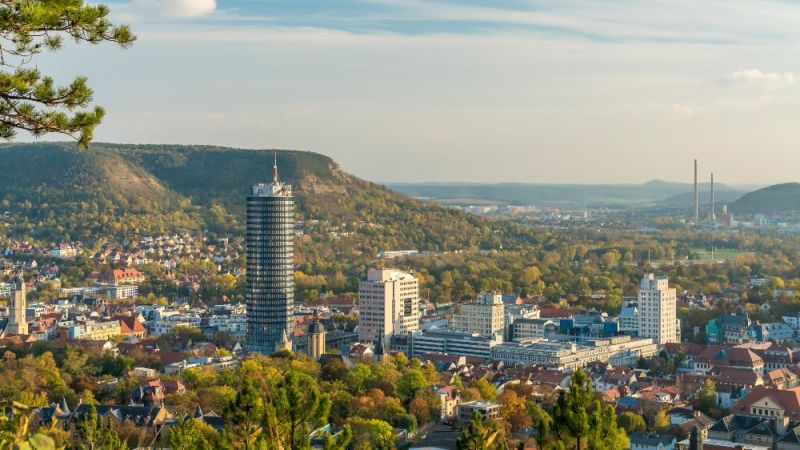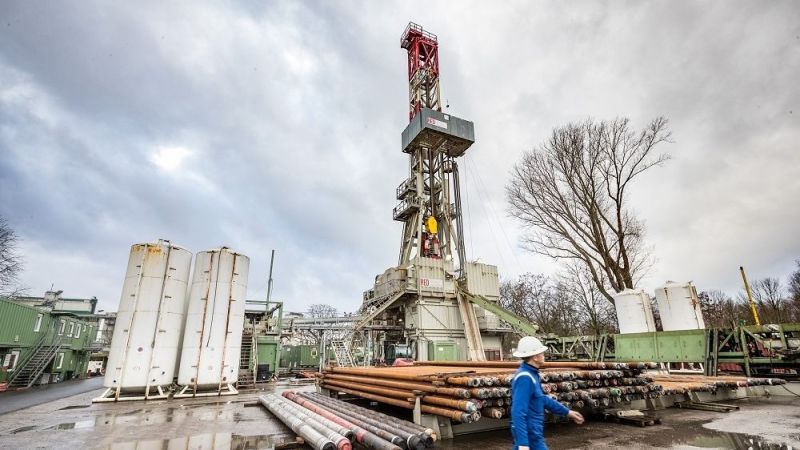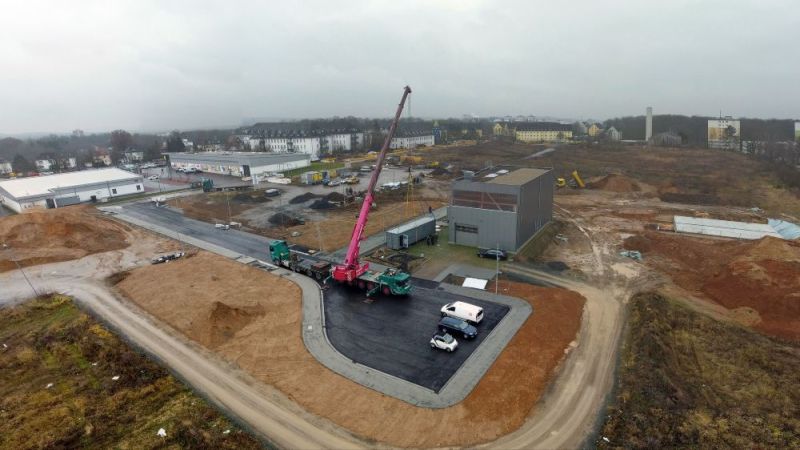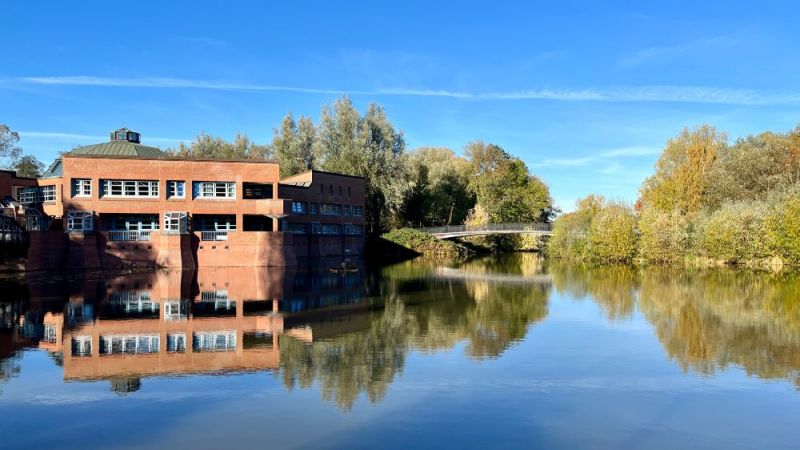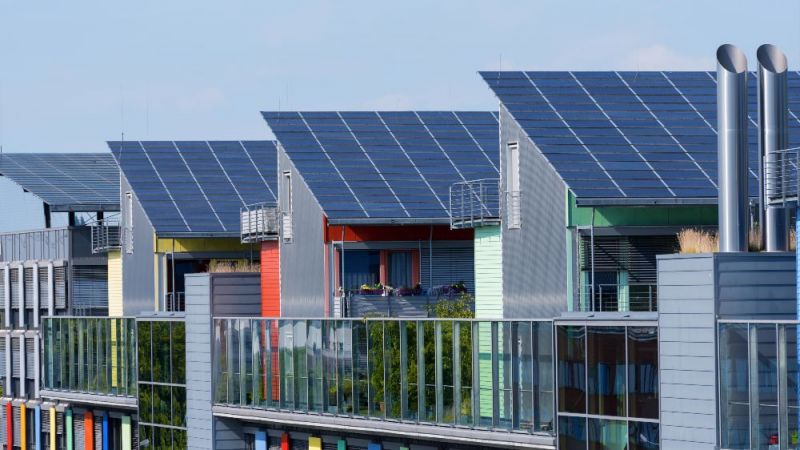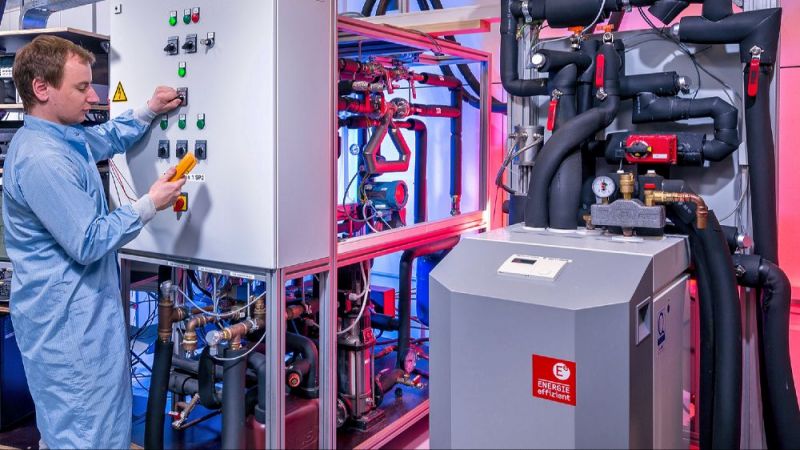
International Building Energy Competition
Solar Decathlon Europe: Fresh Ideas for Climate-Smart Future Buildings
Urban areas hold great potential for improved climate protection. This is exactly where Solar Decathlon Europe 21/22 (SDE 21/22), the international building energy competition for students, comes into play: over the past three years, teams of students from twelve countries have developed technical, architectural, and social solutions for typical structures in large European cities. They are now presenting their solutions in full scale at the Solar Campus in Wuppertal.
For many of the students, the competition is a matter of personal concern: they hope to use their knowledge of architecture to help protect the climate. The intensity of this motivation was shown by the teams during the four weeks they spent constructing the buildings they had developed, during which they were exposed to every kind of weather. “The Solar Decathlon Europe aims to demonstrate pathways for a net-zero building stock. We show visitors on site how this can be achieved in practice,” says Daniel Lorberg, project director at SDE. As an important side effect, tomorrow’s employees and executives have the chance to learn relevant practical knowledge by working closely with tradespeople on the building site. In addition, specialist firms act as sponsors, giving them the opportunity to meet potential future employees.
First set of prizes awarded
During the 16-day competition, high-calibre juries award prizes in seven out of ten disciplines within the competition. The current ranking is available here: https://sde21.eu/de/results.
Out of Competition awards are also presented, including the Solar Award granted by the IEA Solar Heating and Cooling Programme together with the International Solar Energy Society. The Solar Award celebrates teams whose use of solar thermal power in their competition buildings contributes to a significant reduction in CO2. First prize this year went to the VIRTUe team from the Netherlands. The LOCAL+ team from Germany was awarded second place.
Practical solutions for climate-smart cities
During the opening ceremony on 10 June, Christian Maaß, head of the Heat, Hydrogen and Efficiency department at the Federal Ministry for Economic Affairs and Climate Action (BMWK), welcomed the international students. In his speech, he emphasized the importance of technological advancements in meeting climate protection targets in the building sector. He said that the Solar Decathlon Europe supports the implementation of climate protection measures in the building sector and delivers practical solutions for making our cities more sustainable. The Federal Ministry for Economic Affairs and Climate Action (BMWK) has granted funding worth around € 12.27 million to SDE 21/22. In addition, the seven competition buildings with German participation have received funding of around € 3.8 million. Once the event is over, eight of the houses will remain at the competition location for research purposes, where they will be examined further during operation as part of Living Lab NRW, while other buildings will be reused in their cities of origin. (bs)


